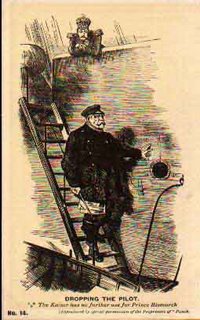The Internet - A Good Thing or a Bad Thing?
This blog has been an interesting project, but I am going to give it a rest for a while with the hopes that I can start some disussion amongst my readers. You have been fairly quiet recently (and I do mean you, Mr. Sophisticated Briton) so please, let's get some dialogue going.
Here are some interesting ads and conversation starters along the lines of sustainability and advertising:
Here is a haunting website about anorexia nervosa Don't Die For A Diet and the ads leading to it are absolutely heart-wrenching, but I can't find the link.
Here are a couple of interesting ads by AOL about whether the Internet is a good or bad thing - top right The Internet - A Good Thing or a Bad Thing?
There are the riots in Pakistan.
Duracell and BP Greenwashing.
I'm going to leave you with these topics and this final link to an article about how some synthetic products are actually better for you than all-natural ones. The reason? I want to start getting some debate going on this blog.
I want to hear what YOU think!

